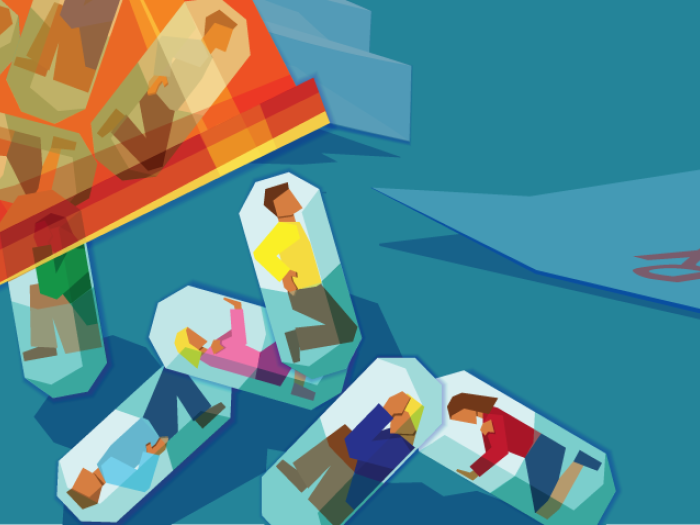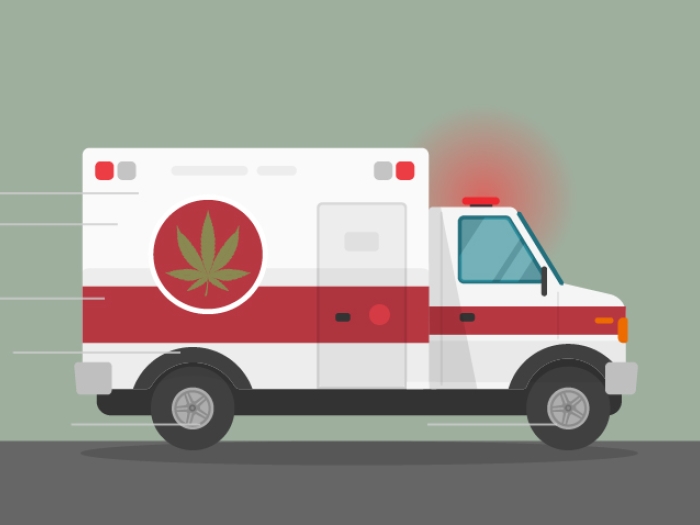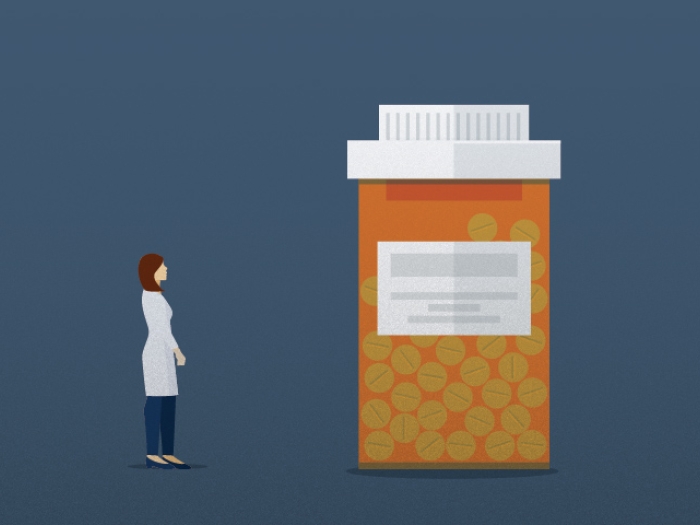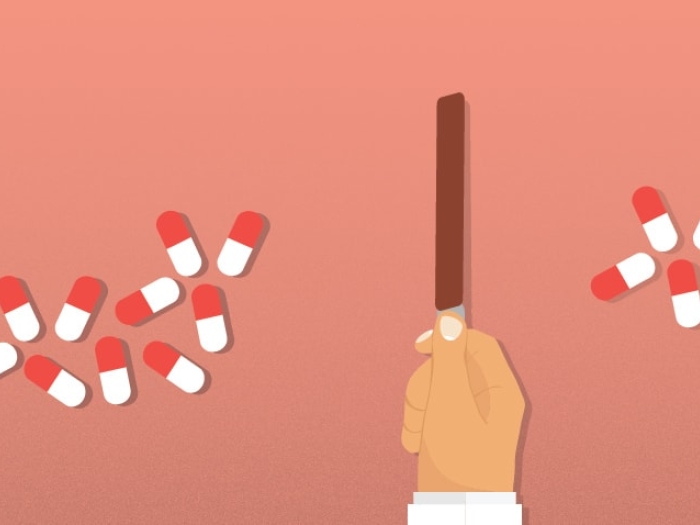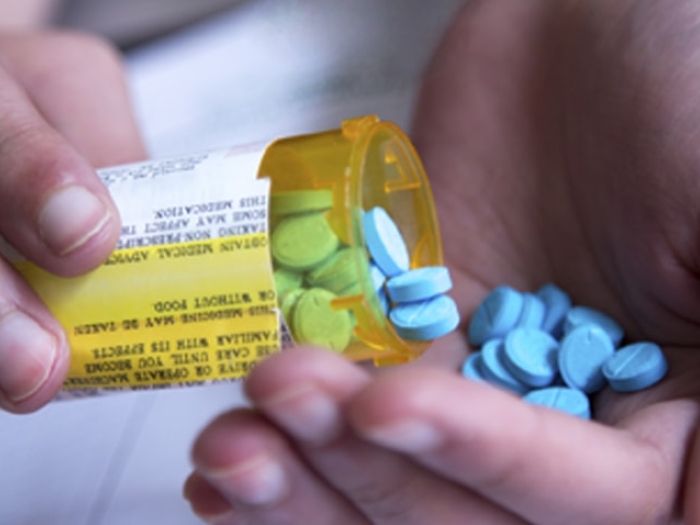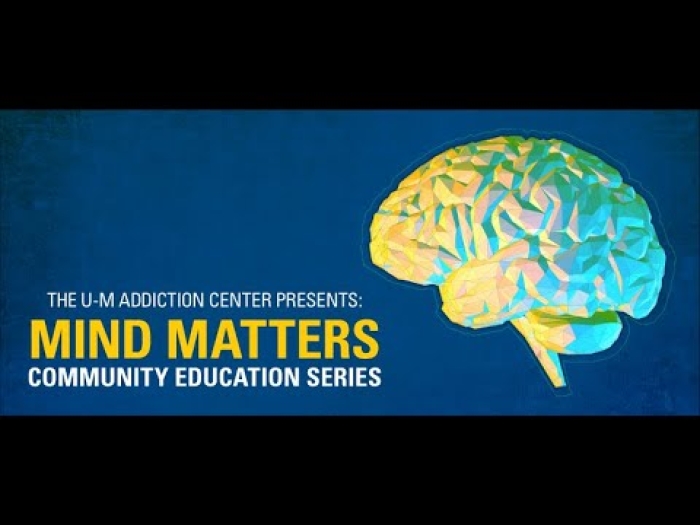Licensed medical professionals face just as much risk of a substance use disorder as the general population, and they have a higher likelihood of opioid misuse, says an addiction expert.
7:00 AM
Author |

An estimated 24.6 million Americans age 12 or older — 9.4 percent of the population — have used an illicit drug in the past month, according to National Institute on Drug Abuse. And some among these numbers are medical professionals.
LISTEN UP: Add the new Michigan Medicine News Break to your Alexa-enabled device, or subscribe to our daily audio updates on iTunes, Google Play and Stitcher.
Health care providers, despite being educated in the health sciences, experience the same risk of developing an addiction as the general population and are at higher risk for addictive behaviors involving opioids because of their increased access, says Edward Jouney, D.O., addiction psychiatrist and clinical instructor with University of Michigan Addiction Treatment Services.
He laid out some common warning signs of addiction medical professionals may exhibit at work.
How can you tell if someone you know is dealing with addiction in the workplace?
Jouney: Individuals who struggle with alcohol addiction may have an impaired or diminished perception of their behaviors. There is a diminution in their ability to recognize problematic alcohol use. Therefore, it is most common for them to get feedback from others about their alcohol-related misbehaviors. Loved ones or coworkers may convey concern about their use. One of the warning signs that alcohol use may be problematic is the ingestion of an alcoholic beverage before going to work.
Addiction related to prescription medications may emerge differently. Specifically, physicians are five times more likely to abuse opioid pain medications and benzodiazepine anti-anxiety drugs than the general population. Recurrently using more than the prescribed amount, even if the medication is legitimately prescribed, warrants further investigation by a clinician.
MORE FROM THE LAB: Subscribe to our weekly newsletter
In highly susceptible individuals, addictive behaviors can emerge after a single exposure to opioids. For example, after receiving their first prescription for codeine following a tooth extraction, a patient may experience a compulsive urge to use more than the prescribed amount. There are many reasons that would increase a person's likelihood for addiction. Genetics, the person's underlying psychiatric history and their social environment are three key factors. It's a number of variables working together.
For health care workers, the relative ease of access to certain controlled substances is another contributing factor for addiction. It is worth noting that the body becomes dependent or habituated on drugs after two to three weeks.
What are some of the warning signs someone dealing with addiction may exhibit in the workplace?
Jouney: Common warning signs include recurring absences or tardiness, problems with functionality, difficulty executing clinical decisions, making documentation errors and changes in productivity levels. Other signs may include disappearing for hours during the work day, not returning pages, appearing impaired or disheveled, slurring speech or smelling of alcohol.
What should someone do if they believe they are addicted?
Jouney: The University of Michigan Addiction Treatment Services is home to providers who have experience working with licensed health care providers who struggle with substance abuse problems. If you are experiencing substance-related problems, you can contact the team to set up a confidential assessment.
SEE ALSO: Study Pinpoints Genetic Markers That Influence Addiction
UMATS partners with many health professional monitoring programs that monitor licensed health care professionals with substance abuse disorders. They are designed to ensure that licensed health care providers are obtaining the necessary treatment so that they can get back to work. The program in Michigan is called the Health Professionals Recovery Program (HPRP). Participating in HPRP is not required, but it has been shown to increase the recovery rate of participants, and it helps improve outcomes.
If you notice that someone is struggling, you need to reach out. Given the severe nature of drug and alcohol addiction, it may be a lifesaving intervention. If a colleague or coworker is struggling, you should approach them and encourage them to seek assistance.
If you or a loved one is dealing with addiction, the University of Michigan Addiction Treatment Services offers assessment, diagnosis and personalized treatment for individuals and their families. Call 1-800-525-5188, or visit UMAddictionCenter.org.

Explore a variety of healthcare news & stories by visiting the Health Lab home page for more articles.

Department of Communication at Michigan Medicine
Want top health & research news weekly? Sign up for Health Lab’s newsletters today!
